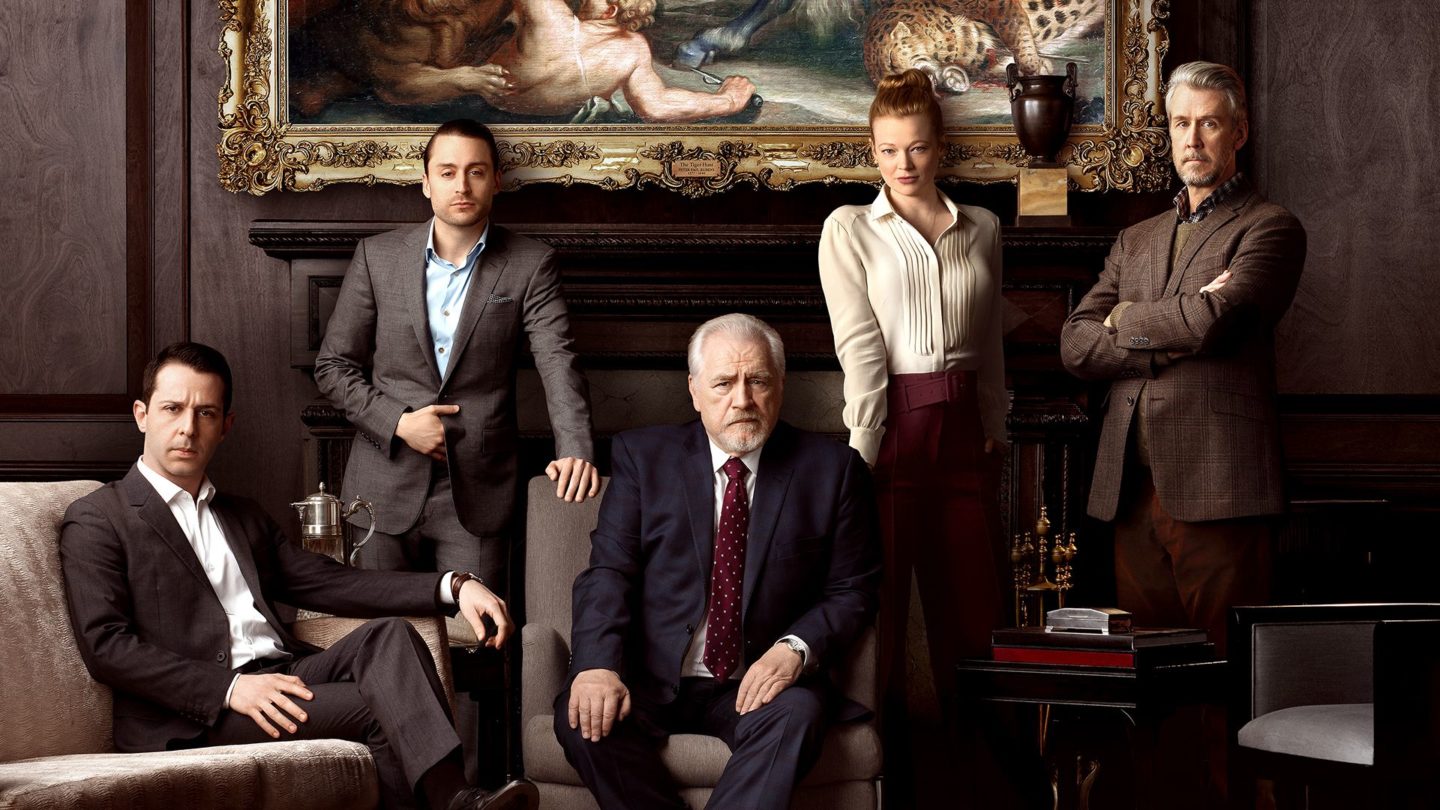Family businesses seem to be made for the movies and television. They have everything: success, power and riches, as well as dysfunction and drama. Most are a caricature of reality, but nonetheless some useful themes emerge. Kimberly Eddleston, a professor who specializes in family business and teaches a course entitled ‘Examining Family Business Through Film’, shares some key takeaways.
1. Succession
This Emmy award–winning TV series is a classic for talking about the succession issue, of course. Often, we talk in family business circles about successors feeling entitled to the CEO position, but we also see in the first episode that the founder feels entitled to stay on. Logan Roy, the lead character, is 80 years old, and he’s thinking, “I can do what I want since I built this business.” Furthermore, he uses his power and wealth to manipulate his children. In my teaching, I do an exercise after watching the episode where Logan appears to be on his deathbed.…


